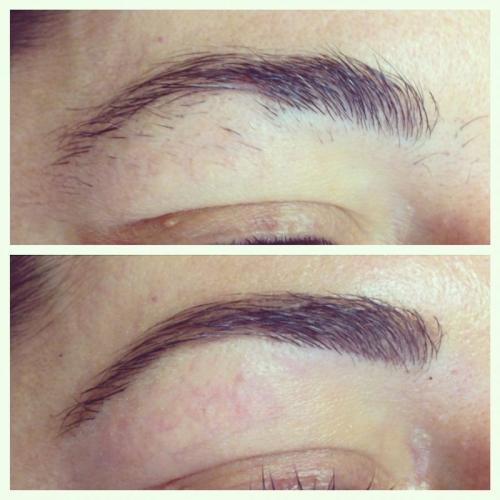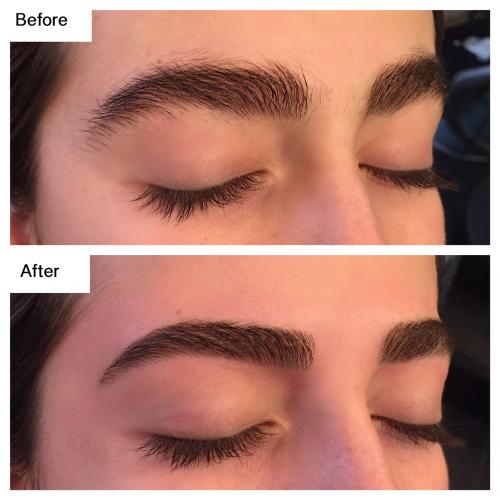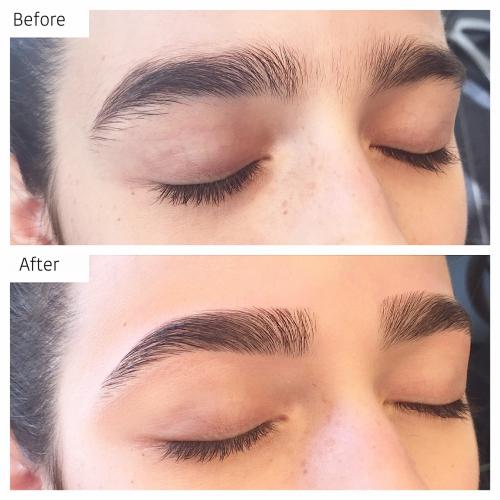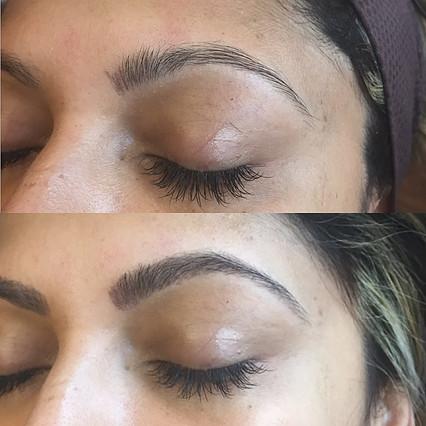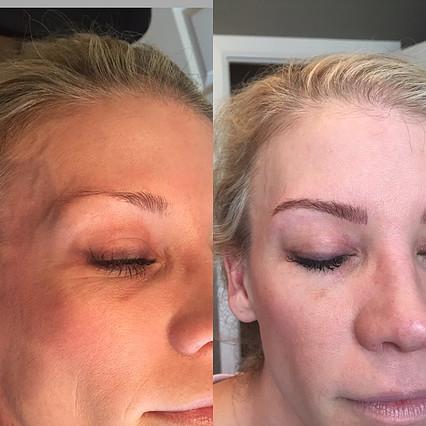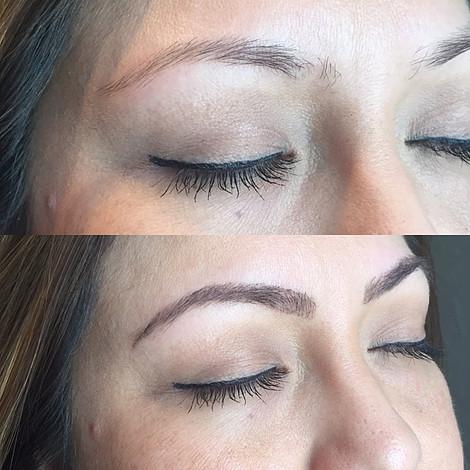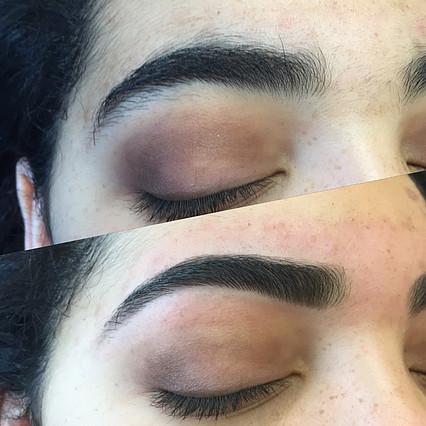To Buy Nizoral Online Visit Our Pharmacy ↓

Understanding Seborrheic Dermatitis: Symptoms and Causes
Seborrheic Dermatitis is a common skin condition characterized by red, scaly, and itchy patches, particularly on the scalp, face, and other oily areas of the body. These patches may flake off, resembling dandruff. While its exact cause remains unknown, factors like an overgrowth of yeast on the skin, genetics, stress, cold weather, and a weakened immune system may trigger or worsen the symptoms. The condition tends to flare up periodically, making it a chronic but manageable ailment. Proper treatment and care can significantly alleviate symptoms, enhancing the quality of life for those affected.
| Symptom | Description |
|---|---|
| Red Patches | Inflamed, reddish skin areas |
| Scaliness | Flaky skin that may flake off |
| Itching | Persistent itchiness in affected areas |
How Nizoral Works: the Science Behind the Treatment

Nizoral is known for its efficacy in combating seborrheic dermatitis due to its potent antifungal properties. The primary active ingredient, ketoconazole, targets fungi like Malassezia, which are often responsible for the overproduction of skin oils leading to this condition. By inhibiting the growth of these fungi, Nizoral helps in reducing inflammation, flakiness, and redness associated with seborrheic dermatitis.
The science behind Nizoral involves disrupting the cell membranes of the fungi, effectively killing them and preventing their return. Through regular use, it not only alleviates current symptoms but also helps maintain a balanced scalp environment, reducing the likelihood of future flare-ups.
Nizoral’s Active Ingredient: Ketoconazole Explained
Ketoconazole, the primary ingredient in Nizoral, is a powerful antifungal agent that targets the root cause of seborrheic dermatitis. It works by disrupting the cell membranes of fungi, specifically Malassezia yeast, which contributes to the inflammation and flakiness associated with the condition. By inhibiting the growth of these fungi, Nizoral helps to alleviate symptoms like itching, redness, and scaling.
Moreover, ketoconazole has anti-inflammatory properties that significantly reduce skin irritation. When used consistently, Nizoral not only manages flare-ups but also prevents recurrence, making it an effective long-term solution for those struggling with seborrheic dermatitis. The combination of antifungal and anti-inflammatory effects makes Nizoral a reliable choice for many users.
Step-by-step Guide to Using Nizoral Effectively

To effectively use Nizoral, start by wetting your hair and scalp thoroughly. Apply a small amount of the shampoo, about the size of a quarter, and lather it well, ensuring that the affected areas are adequately covered. Gently massage your scalp with your fingertips for 3-5 minutes to allow the active ingredient, ketoconazole, to penetrate the skin. Rinse the shampoo out completely with warm water. For optimal results, use Nizoral twice a week, making sure to maintain a consistent routine. Remember, patience is key, as improvements may take a few weeks. Incorporating these steps can significantly alleviate seborrheic dermatitis symptoms over time.
Real User Experiences: Success Stories and Challenges
Seborrheic dermatitis sufferers have reported varied experiences with Nizoral. For many, the antifungal properties have been a game-changer. One user, Jane, highlighted how consistent use of Nizoral significantly reduced her persistent scalp flaking within weeks. On the other hand, John faced irritation initially but saw improvements after adjusting the frequency of application.
| User | Experience |
|---|---|
| Jane | Reduced scalp flaking significantly |
| John | Initial irritation but improved with adjusted application |
Despite its efficacy, some find managing expectations essential. Results can vary, and while some see quick improvements, others might need to tweak their routine or consult a dermatologist for optimal results.
Expert Tips for Managing Seborrheic Dermatitis Long-term
Consistency is key when it comes to managing seborrheic dermatitis. Experts recommend using Nizoral regularly, as directed, to maintain control over flare-ups. It’s equally important to incorporate a gentle skincare routine to avoid irritating the sensitive areas affected by the condition. Opt for hypoallergenic products and avoid those with harsh chemicals or fragrances.
In addition to topical treatments, lifestyle changes can also make a significant impact. Stress reduction techniques like yoga and meditation can help, as stress is a known trigger. A balanced diet rich in essential nutrients supports overall skin health, further aiding in the management of symptoms.
Lastly, keeping the scalp and skin well-hydrated can diminish dryness and flaking. Consider using a humidifier during dry seasons and always moisturize after cleansing. Regular check-ins with a dermatologist ensure that treatments are effective and adjusted as needed. By combining these expert tips, managing seborrheic dermatitis long-term becomes more achievable and less daunting.
Before & After
Testimonials
Read out what our customers say about our services.
Read Testimonials
Join Our VIP List
Great News!
Comming soon our new location in Fort Worth (Alliance area)
3529 Heritage Trace Parkway, Suite 163
Fort Worth, TX 76244
Sign up now to join our VIP list and receive coupons

